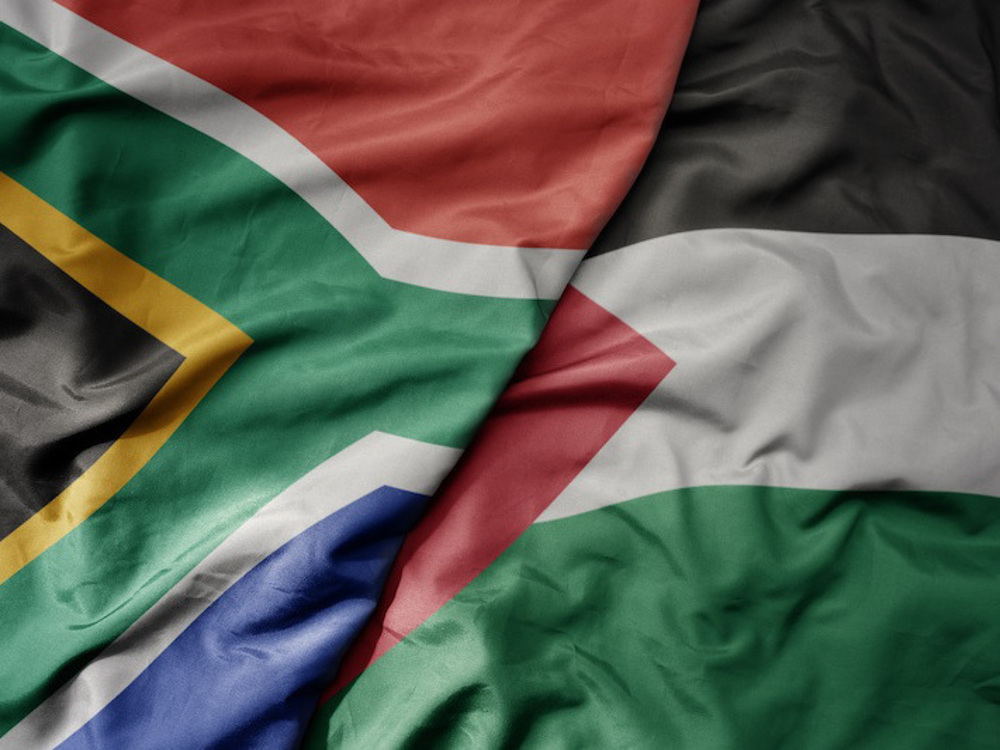Talks on Burundi crisis ends without result
The crisis talks between Burundi’s government and opposition groups have ended inconclusively, with the Ugandan president, who mediated the negotiations, leaving the country’s capital, Bujumbura.
Ahead of his departure, Ugandan President Yoweri Museveni Museveni told a press briefing in Bujumbura on Wednesday that rival groups in Burundi have promised to continue talks until they reach a final agreement.
“The ruling party in Burundi and the opposition parties and the civil society have agreed to negotiate expeditiously, intensively... in order to reach an agreement,” Museveni told reporters.
Sources say Ugandan Defence Minister Crispus Kiyonga has taken over mediation efforts started by Museveni a day earlier.
President Museveni, who was appointed mediator by the five-nation East African Community (EAC) last week, arrived in Burundi to attend the crisis talks.
Museveni met with representatives of the rival Burundian political factions in Bujumbura.
Museveni had called for everyone in Burundi to work for unity, warning that political division posed a threat to the development in the African country.
Reacting to the mediation effort, Willy Nyamitwe, the Burundi presidential communication advisor, has said that there had been “positive” talks to resolve the ongoing political turmoil.
Agathon Rwasa, a Key opposition leader has also hinted that talks would continue in a bid to find a viable solution to the crisis.
The developments come as Burundian President Nkurunziza is preparing to run for a controversial third consecutive term in office. Nkurunziza’s bid to stand for a third consecutive five-year term in election has sparked months of turmoil and an attempted coup in mid-May.

Opposition parties say another term would violate a constitutional two-term limit and a peace deal that paved the way to end a 12-year civil war in 2006.
Sources say there are little signs that all opposition leaders will soften positions to find agreement as opposition groups have rejected proposals for a government of national unity.
Meanwhile, Ndung’u Wainaina, from the Kenya-based International Center for Policy and Conflict, has expressed fears that Burundi could plunge into deep turmoil if the planned polls were not delayed.
“Scores have already been killed, but this could be just the beginning of something much worse,” Wainaina said, adding, “In the current context of tensions and credible threats of further violence, holding elections next week could push Burundi into a much deeper crisis.”
International community has also expressed serious concerns that the ongoing crisis could plunge the impoverished, landlocked country back into civil war.
At least 100 people have been killed by government forces and over 158,000 Burundian refugees have fled to neighboring countries due to the violence and turmoil.
VIDEO | Press TV's news headlines
Israeli strikes on north Gaza hospital ‘extremely dangerous, terrifying’: Director
VIDEO | Yemen targets Tel Aviv with Palestine 2 missiles
Pezeshkian: Iran resolved to complete North-South Transport Corridor
VIDEO | Iran-Syria: For Resistance
Qassam Brigades claims killing 3 Israeli troops in northern Gaza
More alive than ever: Sayyed Hassan Nasrallah's legacy grows stronger in martyrdom
Occupation of Syria’s highest peak Mount Hermon part of ‘Greater Israel’ project










 This makes it easy to access the Press TV website
This makes it easy to access the Press TV website